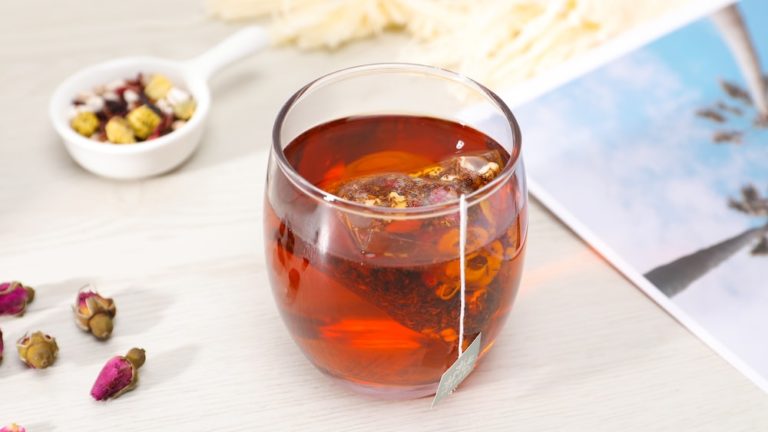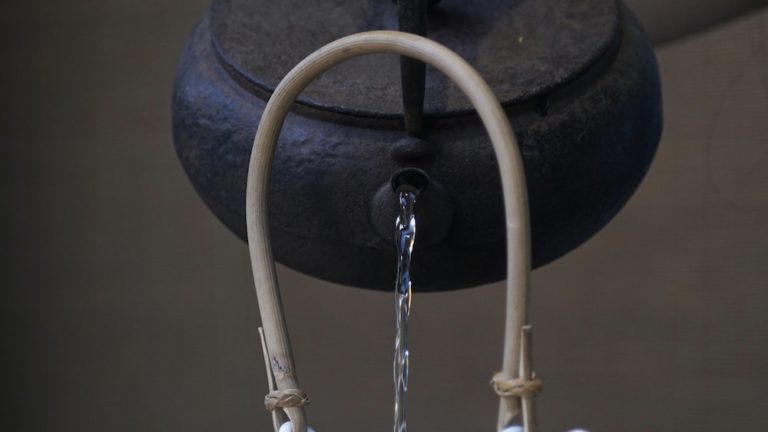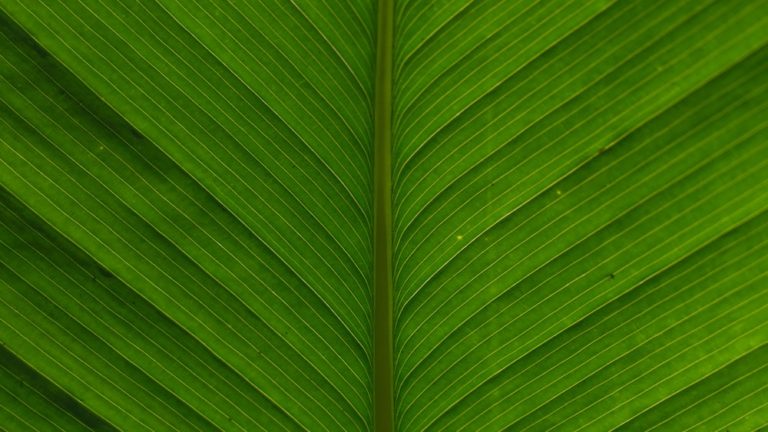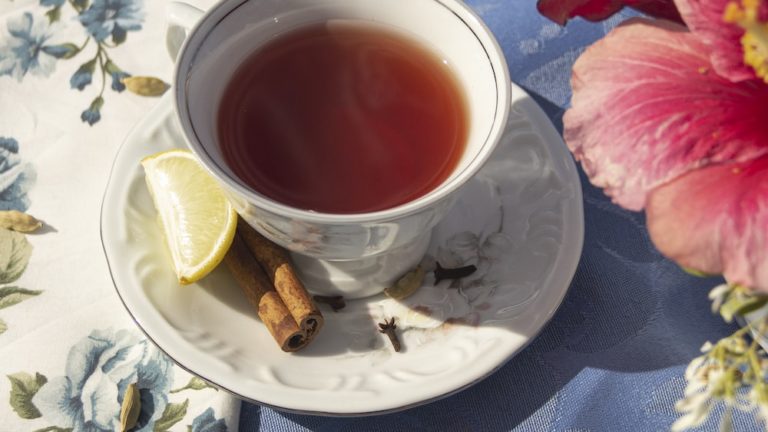White Tea In Pregnancy: Is It Safe To Drink? Find Out Now!
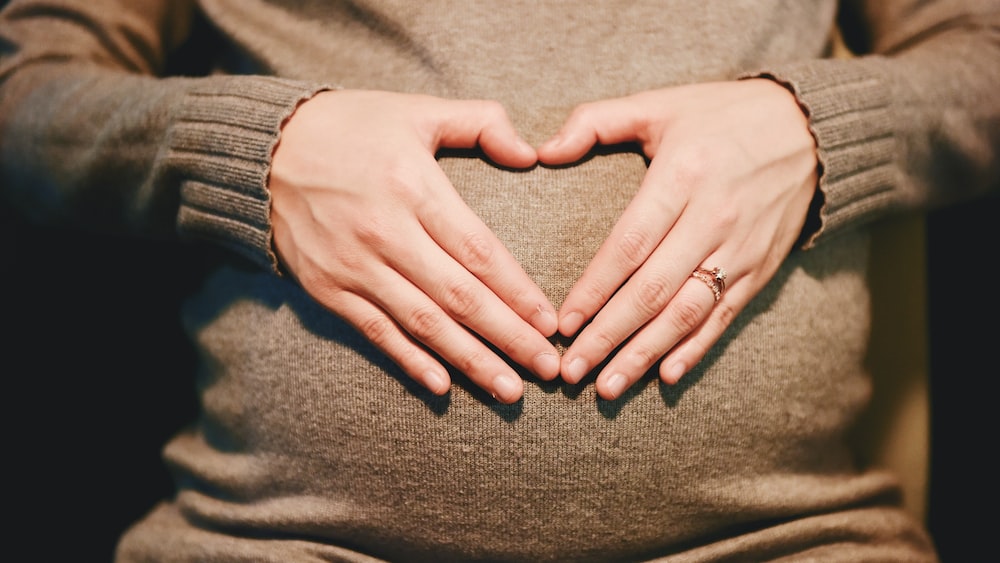
White Tea In Pregnancy: Is It Safe To Drink? Find Out Now!
Hello, fellow tea enthusiasts and health-conscious individuals! Ever caught yourself in a tornado of thoughts, with a brewing cup of white tea in pregnancy? You’re not alone, friend. Pregnancy is a tricky time. One moment you’d kill for a cuppa, and the next, you’re wondering if it’s safe. If it’s not one of those strange pregnancy cravings making you question your sanity, it’s the endless do’s and don’ts list popping your bubbles of bliss. But hey, let’s not spill any more tea over it, let’s get into steeping the facts, shall we?
When it comes to tea drinking during pregnancy, confusion brews. But what about white tea, the diva of all teas? You know, the tea that’s been sipping on the fountain of youth and is dressed in delicate flavors. Surely, it cannot pose any challenges to an expecting mum. Or can it? Let’s find out!
That’s what we are here for – unravelling the mysteries shrouding white tea in pregnancy. Buckle up, as we embark on a flavorful journey into the world of teas, sipping on some white tea trivia, brewing some pregnancy diet realities, and exploring the most pressing questions about this lesser-known tea and its role in pregnancy. Bear with me, this is going to be one steamy ride!
Understanding White Tea
Embarking on this journey, the first stop is understanding what white tea is. Unlike its colorful counterparts, white tea maintains a low profile but don’t let its subtlety deceive you. It packs a punch when it comes to flavor and health benefits.
What is White Tea?
Imagine a garden where fluffy white clouds are gently harvested, then delicately brewed into a cup of tea. Sounds dreamy? Well, that’s pretty much white tea for you. The least processed of all teas, it’s harvested before the tea plant’s leaves open fully, when the young buds are still covered by fine white hairs. Hence, the name white tea.
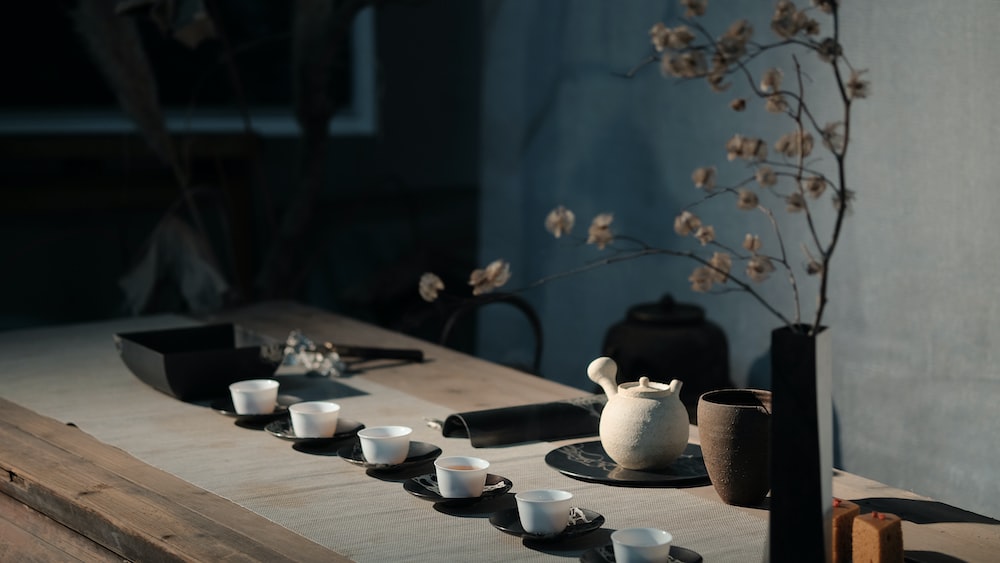
Secondly, to keep its authentic, light flavor, it’s not oxidized or rolled, but simply allowed to wither and dry in natural sunlight. The result? A subtle, slightly sweet flavor that teases your taste buds, refusing to overwhelm them. Quite the coy little number, isn’t it?
White tea is the least processed of all teas, harvested when the young buds are still covered in fine white hairs, resulting in a subtle, slightly sweet flavor.
Health Benefits of White Tea
Now, for the fun part – the bountiful benefits of white tea. This minimally processed tea type isn’t quite as famous as its counterparts, but it is secretly stealing the show with a plethora of health benefits.
For starters, researchers from the Kingston University of London found that white tea has high anti-inflammatory, antioxidant, anti-collagenase, and anti-elastase properties. In simple terms, it rocks the anti-aging world by protecting skin proteins and fighting oxidative stress.
And that’s not all! How about some heart love? A study showed that white tea may help improve heart health by relaxing coronary arteries, reducing blood pressure, and boosting overall heart function.
But the health benefits don’t stop at the heart. Superhero compounds present in white tea, primarily flavonoids, have impressive effects on reducing inflammation and promoting a healthy immune system, meaning fewer sick days for white tea drinkers. True enough, this tea has been quietly hogging the top charts in its health benefits!
White Tea and Pregnancy
Now, let’s surrender to the million-dollar question: the role and safety of white tea in pregnancy. If the Queen is pregnant, can Her Majesty still enjoy her cup of elixir without any challenges? Let’s dive in and discover.
Is White Tea Safe During Pregnancy?
With such a royal preparations process, white tea sure sounds like a queen’s tea. But is it queen enough to be safe during pregnancy? Generally, yes, but as the saying goes – everything in moderation. Pregnant women are advised to limit their caffeine consumption, and while white tea has lesser caffeine than its siblings – black and green tea, it isn’t entirely caffeine-free.
So, while you might be enthusiastically nodding at the health benefits of white tea, let’s not celebrate too soon. It’s essential to consider the caffeine content when consuming any type of tea during pregnancy, white included.
The Effect of Caffeine in White Tea on Pregnancy
Ladies, do the caffeine in your beloved cuppa and baby bumps fight like cats and dogs? Not exactly, but the challenges may arise from excessive caffeine consumption. Research suggests a connection between high caffeine intake and an increased risk of miscarriage or preterm birth.
So, how does the caffeine in white tea figure in all this? While white tea indeed has less caffeine compared to other teas, it’s still something one needs to be mindful of when sipping on this elixir during pregnancy.
Excessive caffeine intake during pregnancy, including from white tea, has been linked to an increased risk of miscarriage or preterm birth, so it’s important to be mindful of your caffeine consumption.
Comparing White Tea with Other Teas
We’ve sipped our way through the journey of white tea. Now, it’s time to stir things up a bit and put white tea in the hot seat, comparing it with other teas. Stay alert, the stirring can come with a bit of splashing!
White Tea vs. Green Tea in Pregnancy
It’s like comparing Apples and oranges, if the apples were green and the oranges, let’s say, white! Both white tea and green tea originate from the same plant, Camellia sinensis, and yet, they’re both different as night and day. But when you’re toting around that baby bump, you might be wondering which is the safer choice: white tea or green tea in pregnancy?
Trust me, it’s a question that’s crossed my mind more often than I’d care to admit. I remember the day when I was caught between two aisles in a grocery store. To my left was white tea, whispering promises of subtle flavors and delicate palates. To my right was green tea, boasting of its rich antioxidants and illustrious health benefits. But which of these teas, you may ask, gets the seal of approval for use in pregnancy?
Here’s the scoop: Both white tea and green tea contain caffeine, the sneaky stimulant that could potentially wreak havoc if consumed in excess during pregnancy. White tea, however, is significantly lower in caffeine compared to green tea. In fact, it is the least processed and contains the lowest caffeine content among all types of tea from the Camellia sinensis plant. So, if you’re concerned about your caffeine intake while sipping your cup of comfort, white tea gets the golden star.
White Tea vs. Herbal Teas in Pregnancy
Enter the world of herbal teas – as diverse as a box of chocolates and somewhat of a Pandora’s box during pregnancy. On one hand, they offer an oasis of flavors and on the other, they’re a swamp of caution. How does white tea stand up against these hundreds of herbs brewed into comforting concoctions?
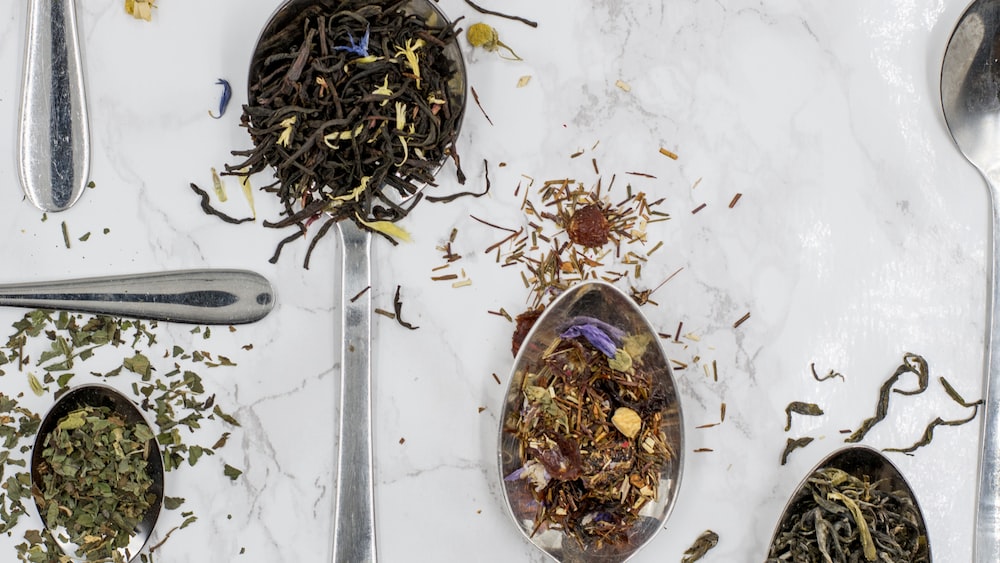
Compared to white tea, most herbal teas are often caffeine-free, making them an attractive choice during pregnancy. But, herbal teas are not always the straight-A students they’re made out to be. Some herbs can influence hormone levels and are not deemed safe during pregnancy.
How to Safely Consume White Tea During Pregnancy
Navigating the world of white tea in pregnancy can feel like walking a tightrope over a gorge of unanswered questions. But don’t lose your balance just yet. Let’s get practical and discuss some ways to safely consume white tea during pregnancy, so you’ll feel more like sipping on tranquility and less like confronting a risky business.
Recommended Intake of White Tea
Now that we’ve established the safer bet between white tea and other teas, let’s talk about the mechanics of intake. You thought figuring out the right maternity wear was a minefield? Wait till you take a dive into the world of recommended servings!
According to many tea experts, one or two cups a day of white tea is generally safe for pregnant women, amounting to approximately 200 milligrams of caffeine. This is well within the recommended daily limit of caffeine intake which is set at 200-300 milligrams per day during pregnancy.
But remember, everyone’s body responds differently to caffeine. So, just like you wouldn’t wear your friend’s maternity jeans because ‘one size fits all’, don’t assume the same about your caffeine sensitivity. Paying close attention to how your body is responding to the tea and adjusting the intake accordingly is key.
Paying close attention to how your body is responding to the tea and adjusting the intake accordingly is key.
Best Time to Drink White Tea During Pregnancy
Timing is everything, isn’t it? Imagine drinking a hot cup of tea when you’re already running hot with morning sickness. That’s a recipe for disaster, right? So, let’s talk about the best time to drink white tea during pregnancy to avoid feeling like an oversteamed dumpling.
Professionals and caffeine connoisseurs alike generally recommend consuming white tea later in the day. This helps provide a small, gentle caffeine boost to support you through the exhaustion that often kicks in the afternoon.
However, consider avoiding white tea right before bed. Although it’s lower in caffeine than other teas, it still has enough to potentially disturb your sleep. And with a baby on board, we know how precious every bit of sleep is!
Alternatives to White Tea During Pregnancy
Despite the beauty of white tea, at the end of the day, you might be seeking alternatives. No judgement here, I promise! After all, variety is the spice of life! So, let’s explore some safe options that can break the monotony of your pregnancy tea routine, without breaking the bank.
Safe Herbal Teas for Pregnant Women
Navigating the labyrinth of herbal teas during pregnancy isn’t an easy feat. But fear not my fellow tea-lovers, there are safe herbal teas out there that will not only hydrate but also offer a range of health benefits.
Ginger tea is especially renowned during pregnancy. It’s like your personal bodyguard against morning sickness, blocking its punches with masterful ease. Its warm, spicy flavor can also be a pleasant alternative to the subtle demeanor of white tea.
Peppermint tea is your loyal sidekick, fighting off heartburn and doing a brilliant job at it. Plus, it can offer you a cool, refreshing escape from the pregnancy heat waves that may crash over you unannounced.
And then there’s raspberry leaf tea, the superstar in waiting that often takes center stage towards the end of pregnancy. It’s believed to prepare the uterus for labor and assist with a smoother delivery. How’s that for a super tea?
Remember, not all herbal teas are as angelic as they seem. Some harbor certain ingredients that might pose risks during pregnancy. So, make sure you do a background check on your herbal teas, no matter the cost, by reading the ingredients and consulting with your healthcare provider before adding them to your pregnancy diet.
Non-Tea Beverages for Pregnant Women
Alright, my tea-loving friends, let’s venture out of our cozy tea corner for a moment, shall we? If you’re finding it hard to cut-down on your beloved white tea during pregnancy, here are a few non-tea beverages you might enjoy.
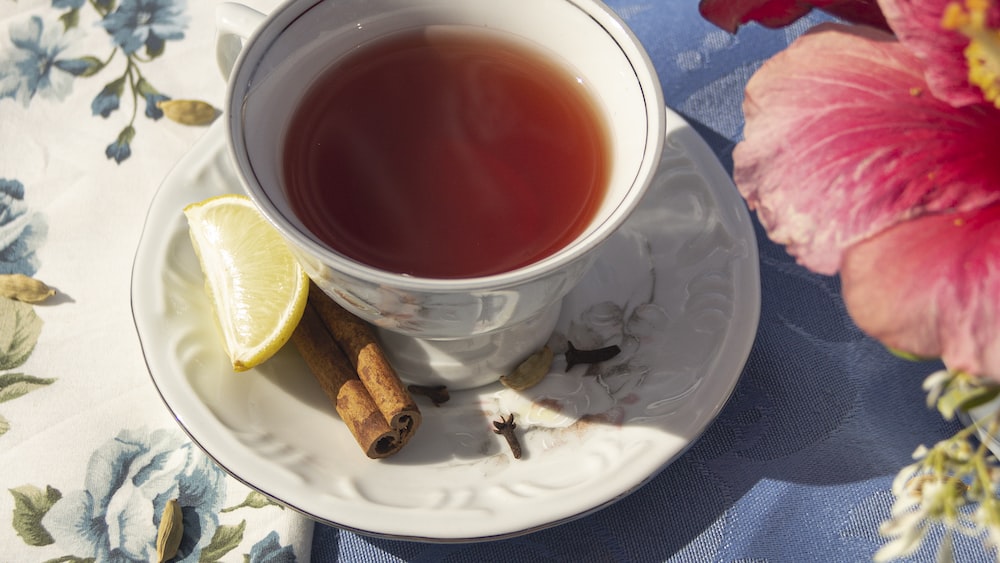
Stay reminded of our tea haven with rooibos or honeybush; technically not teas, but still brewed, these caffeine-free alternatives have a similar comforting vibe. On the flip side, have you tried fruit and vegetable smoothies? They pack a powerful nutrient punch, and let’s be honest–their vibrant colors are super appealing. Don’t even get me started on how delightful they taste–it’s like summer in a glass!
FAQs
Heading straight for the crux of the matter, let’s address the burning questions you may have about white tea in pregnancy.
1. Can drinking white tea lead to miscarriage or preterm labor?
When it comes to the connection between white tea and the risk of miscarriage or preterm labor, research does not provide concrete evidence. However, it’s advised to limit your intake due to the caffeine content. Practice moderation and always consult your healthcare provider.
2. Are there any side effects of drinking white tea during pregnancy?
Possible side effects of drinking white tea during pregnancy can include nausea and sleep disturbances, primarily due to caffeine content. However, these issues usually only come into play when the tea is consumed excessively.
3. How much white tea is safe to consume during pregnancy?
The amount of white tea you can safely consume during pregnancy can vary depending on your tolerance to caffeine. As a general rule, sticking to one or two cups per day seems to be a reasonable practice.
4. Are there any specific brands of white tea recommended for pregnant women?
With regards to recommended brands of white tea for pregnant women, it’s more about quality than a particular label. Select brands that disclose their cultivation and manufacturing practices, and opt for organic whenever possible.
Conclusion
Well, my friends, we’ve brewed a potful of information, haven’t we? We’ve steeped in the knowledge of white tea, uncovered its health benefits, and dipped into its effects on pregnancy. Thanks to our exploration, it’s clear that while sipping on your favorite white tea in pregnancy requires some thought, moderation can allow you to enjoy your tea cup with some peace of mind.
But remember, your journey with white tea in pregnancy should be navigated with your personal health, body, and doctor’s advice in mind. As they say, knowledge is power, right? So carry on brewing, but in the healthful way your body needs, especially during this significant phase of life.
Here’s to your health and happiness! Stay curious, keep learning, and always keep your kettle ready for that next cup of tea. Until next time,
Zoe.

